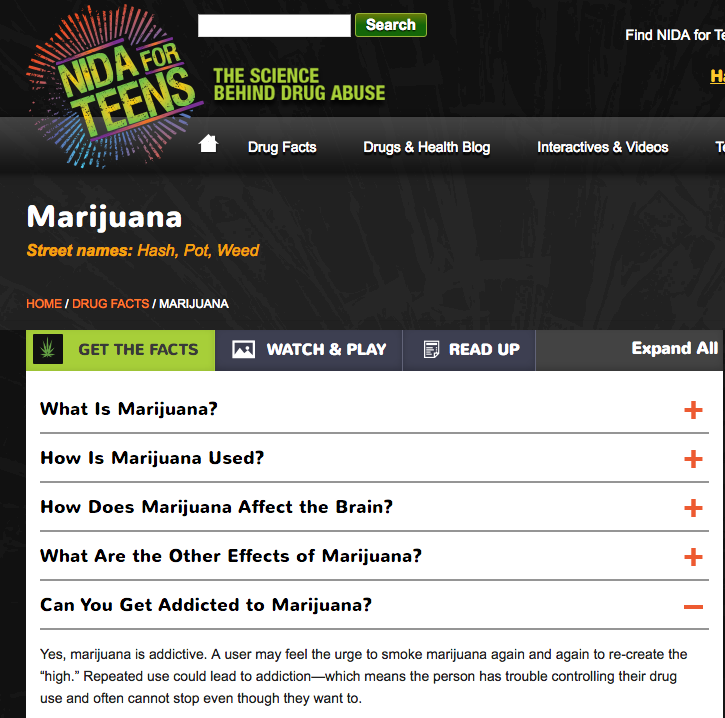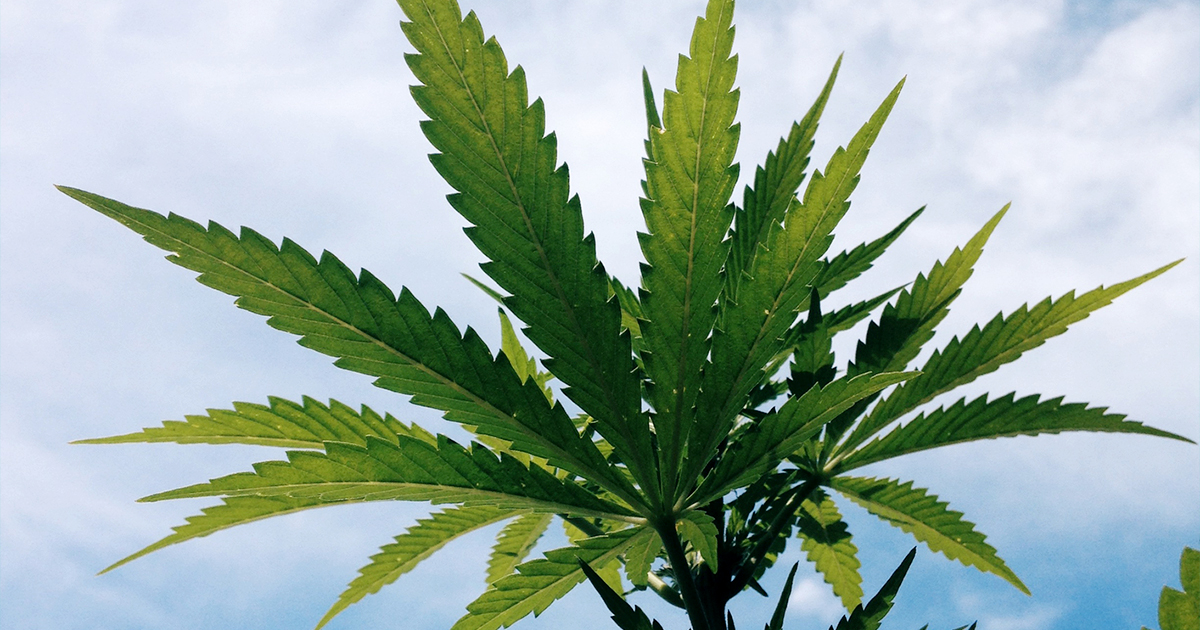The Truth About Marijuana and Addiction

By:
Is marijuana addictive? The answer to that question depends on whom you ask.
Critics of legalization argue that marijuana is highly addictive and that increased access to the substance will feed a cycle of drug dependency, especially among young people. Frequent users, on the other hand, contend that there's literally no such thing as marijuana addiction.
The truth lies somewhere in the middle.
Marijuana is not addictive in the same way that drugs such as heroin, cocaine, meth, alcohol, and nicotine are addictive, Psychology Today reported. A person becomes addicted to heroin, for example, because the drug floods the brain and body with opioids; after extensive use, the body stops naturally producing opioids, leaving the heroin user physically dependent on the substance.
After a heroin addict stops taking the drug, she experiences excruciating withdrawal symptoms: nausea, muscle aches, sweating, vomiting, mood swings, seizures, and anxiety, to name a few. That doesn't happen after a marijuana user quits cold turkey, because the drug's active ingredients (e.g. THC, cannabidiol) don't appear to be physiologically addictive, Scientific American reported.
So why does the U.S. government say that marijuana use can lead to dependency?
 National Institute on Drug Abuse - drugabuse.gov
National Institute on Drug Abuse - drugabuse.gov
About "2.5 percent of adults — nearly 6 million people — experienced marijuana use disorder in the past year, while 6.3 percent had met the diagnostic criteria for the disorder at some point in their lives," according to a 2015 study published in JAMA Psychiatry, which was conducted by the National Institute on Alcohol Abuse and Alcoholism.
But is "marijuana use disorder" the same thing as addiction? Not exactly. The Diagnostic and Statistical Manual of Mental Disorders — the medical community's handbook for mental health disorders — groups "abuse" and "dependence" together under the blanket term "marijuana use disorder."
The National Institutes of Health explained:
"To be diagnosed with the disorder, individuals must meet at least two of 11 symptoms [outlined in the DSM] that assess craving, withdrawal, lack of control, and negative effects on personal and professional responsibilities. Severity of the disorder is rated as mild, moderate, or severe depending on the number of symptoms met."
If a person has two of the following 11 symptoms, they qualify as having "marijuana use disorder."
- Taking the substance in larger amounts or for longer than the you meant to.
- Wanting to cut down or stop using the substance but not managing to.
- Spending a lot of time getting, using, or recovering from use of the substance.
- Cravings and urges to use the substance.
- Not managing to do what you should at work, home, or school, because of substance use.
- Continuing to use, even when it causes problems in relationships.
- Giving up important social, occupational, or recreational activities because of substance use.
- Using substances again and again, even when it puts you in danger.
- Continuing to use, even when you know you have a physical or psychological problem that could have been caused or made worse by the substance.
- Needing more of the substance to get the effect you want (tolerance).
- Development of withdrawal symptoms, which can be relieved by taking more of the substance.
Now, who among us hasn't skipped a party to get stoned and watch a movie at home? Who hasn't had the "urge" to smoke a bowl on a lazy Sunday? And, of course, frequent marijuana users build tolerances to the substance. The language of this assessment fails to account for the differences in how marijuana affects a user's daily life, compared with "hard drugs" such as meth and heroin, High Times argued.
"It has long been acknowledged that cannabis is a mood-altering substance with some risk potential," Paul Armentano, the deputy director of NORML, told ATTN:. "That said, cannabis’ potential risks to health and its dependence liability relative to other substances, including legal substances like alcohol, tobacco, and prescription medications, are not so great to warrant its continued criminalization and Schedule I prohibited status under federal law."
Addiction and dependence are not the same.
 Stocksy/Heim - stocksy.com
Stocksy/Heim - stocksy.com
Physical addiction and psychological dependence are two different things, according to Dr. Don J. Sharpsteen, a Psychology professor at Missouri University of Science and Technology. In this respect, the DSM guideline for "marijuana use disorder" fails to effectively differentiate the two, because it includes both physical symptoms (e.g. withdrawals) and psychological symptoms (e.g. relationship problems), which gives the impression that a person who qualifies for the disorder suffers from full-blown addiction.
It's certainly true that individuals can develop a psychological dependence on marijuana, Sharpsteen explains. It's a psychoactive drug that produces euphoric effects, offering a "high" or escape that can distort a person's judgment and lead to irresponsible use. But conflating the terms addiction and psychological dependence is problematic.
